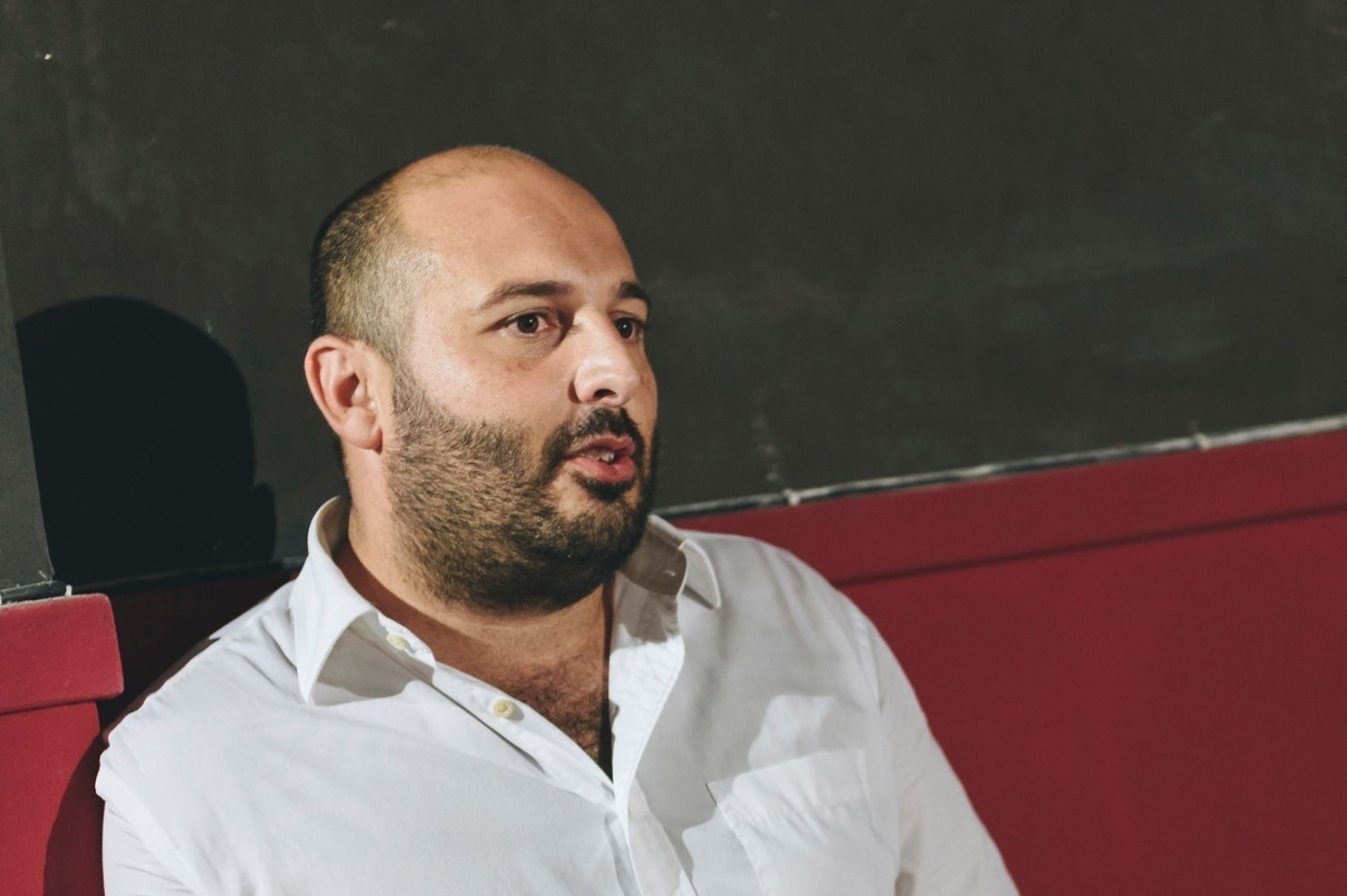Opening the Conversation No One Wanted
Facing Resistance from Every Direction
I knew it wouldn’t be easy. Resistance was expected. What I didn’t anticipate was the extent of the pushback—not just from the public, but also from institutions, educators, and even within my professional circles.
Every Lesson Was Earned
The journey has been filled with lessons—some rewarding, some painful, all invaluable.
Lessons Learnt
-
Being First Means Facing the Fire Alone
The Price of Being First
Carrying the Weight Alone
You carry the weight of everyone’s expectations. As well as take the hits before people understand what you’re trying to do. And you do it alone.
-
Sex Education Was a Battle—Not Just for Students, but for Teachers and Parents TooI
I was invited to schools to give talks about sex and relationships. Many times, I wasn’t just teaching students—I was also educating teachers and parents, who often had just as many misconceptions and discomforts as their children.
Issues Around Sex: Unwelcome in the Room
I had no problem with that. Willingly, I stepped into those conversations. However, what truly caught me off guard was the level of resistance coming from within the very institutions that had invited me.
Issues Around Sex: Rejected from Within
On many occasions, I spent hours preparing resources and tailoring presentations to fit the needs of each school. Despite that effort, final decisions—often made at the highest levels—still led to abrupt rejections.
Issues Around Sex: Silenced by Bias
Sometimes, people saw me speak on TV or Facebook and labelled me “not suitable.” In other cases, a single parent’s complaint was enough. Teachers who disagreed with my approach occasionally found subtle ways to block my presence.
Targeted, Not Taught
At one talk, a priest hid in the back—not to learn, but to catch something he could report. Furious that I mentioned masturbation, he ran straight to his superior to file a complaint.
Answering Questions Others Avoided
At other schools, parents actively protested my presence. Teachers reported me for simply answering students’ questions about pornography—questions that they brought up. I never forced any topic, but I refused to lie when young people asked real, honest questions.
Sex education in Malta wasn’t just about educating students
Sex education in Malta wasn’t just about educating students—it was about fighting through layers of fear, shame, and generational silence.
And it wasn’t always a battle I was allowed to win.
-
The Fear of Open Conversation Runs Deep
After appearing on national TV to talk about sex therapy, the floodgates opened. Some people reached out for help. Others sent hate messages. And then some used my public presence as an excuse to block my work.
Cancelled Before I Arrived
More Than Fear of Sex Education
What I realized is that Malta wasn’t just afraid of sex education—it was scared of open conversation.
Obedience Over Understanding
Many people didn’t want young people to think critically about sex and relationships. They wanted them to follow the rules, not ask questions. To obey, not understand. But avoiding conversations doesn’t make the issues disappear. Young people were already watching porn. They are already hearing misinformation from their friends. Already struggling with body image, consent, and unrealistic expectations about relationships.
Creating a Space for Questions
The difference was that when I was in the room, they finally had a safe place to ask.
-
People Who Criticized Me in Public Often Reached Out in Private, This was one of the strangest lessons I learned.
Some of the same people who dismissed my work criticized me online or protested my presence in schools were the ones who later reached out in private.
Private Questions After Public Criticism
I lost count of how many times someone pulled me aside at an event and whispered, “Listen, I actually have a question about something personal…”
When Opposition Turns to Outreach
Some parents didn’t want me in their child’s school but later sent me an email asking for help with their marriage. Teachers disapproved of my talks but later admitted they didn’t know how to handle a student coming to them with genuine concerns about sex or relationships.
Resistance isn’t always about rejection
It taught me that resistance isn’t always about rejection. Sometimes, it’s about fear.
The people who fight the hardest against change are often the ones who need it the most.
-
Loneliness Was Part of the Job
The Unexpected Loneliness of Leading
I expected challenges. I didn’t expect just how isolating the journey would be.
Walking Into Rooms Alone
Being Malta’s first sex therapist meant I was constantly walking into rooms where no one else understood my work.
Met with Resistance, Not Recognition
Among other therapists, I was sometimes met with discomfort. Among educators, I was sometimes seen as too controversial. Among the public, I was sometimes reduced to a punchline or a misunderstood headline.
When Giving Up Felt Easier
There were times when I felt like giving up. Times when the criticism felt heavier than the impact I was making. Times when I wondered if it was worth the exhaustion of constantly pushing against a wall that didn’t seem to move.
Why I Still Chose to Stay
Yet each time I sat with a client who felt relief after years of shame…
Whenever a couple told me they had reconnected after months of distance…
When a young person said, “Thank you for answering that. No one else would.”
I knew it was worth it.
-
Change Is Slow—But It Happens
Malta has a long way to go when it comes to open, informed conversations about sex and relationships. But it has come further than many people realize.
From Silence to Conversation
When I first started, no one wanted to talk about these things. Now, at least, the conversations are happening. Even when there’s backlash, even when there’s resistance, the fact that the topic is out in the open means that change is inevitable.
A New Generation, A New Openness
The next generation is more informed, more curious, and more willing to challenge outdated ideas. Professionals are becoming more comfortable integrating discussions about sex and intimacy into their work.
Progress Moves Slowly, But It Does Happen Nonetheless
Progress is slow. Frustratingly slow. But it happens.
Would I Do It Again?
If you had asked me in the early days—when I was exhausted, when schools were canceling my talks, when strangers were attacking my character—I might have hesitated.
But now?
Absolutely, without a doubt. Becoming Malta’s first sex therapist brought a deep sense of isolation. The experience challenged me in ways I never anticipated. At times, it made me question myself more than once. Still, it proved to be necessary. Looking back, I wouldn’t change a thing.
Share this Blog
Recent Thoughts
Rumours, Noise and Real Growth: Learning to Keep My Eyes on the Road
“Matthew is a closeted gay.”“Matthew jumps from woman to woman.”“He’s money-minded.”“I’ve heard he sees women for free if they ‘offer favours’.”“I’ve heard he’s
Ikigai vs. Workaholism: Why I’ve Given Up Perfectionism and Workaholic Tendencies
1) Facing Challenges Head-On Throughout my career, I've always faced problems head-on. Confronting challenges directly is part of who I am. However, there





